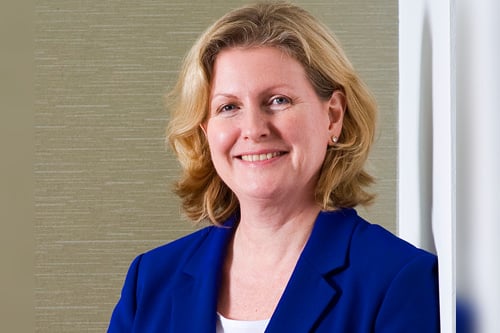

If you ask the general public about “insurance” they often talk about buying a product or making a claim. Perception of our profession is often about a product or a process. The reality is insurance plays a significant role in forming our daily business personal environment and the role of insurance is continually evolving in keeping with societal changes. Things such as the continual digitalisation of assets, and the ease of conducting international business, for example, demand innovations in offerings from insurers.
Insurance needs to keep up with these changes to remain relevant. The profession can do this by providing a service more angled towards helping people and organisations become more resilient as their circumstances change, through a blend of services that go beyond the traditional products. This trend has already begun. In the retail space, professional insurance brokers give tailored advice that addresses all their clients’ circumstances.
Among providers, Vitality has positioned itself as promoting healthier lifestyles. In the wholesale market, managing the risks of the whole organisation has seen brokers reframing the conversation they have with clients, beginning with uninsured or uninsurable risks. This is key in areas such as cyber risk, where an insurance product alone is not likely to mitigate the whole risk.
For the insurance profession to complete its journey to this new purpose, consistent action must take place at four levels, those being the regulator, the profession, firms and individuals.
The regulator’s role in enforcing standards is integral to protecting the interest of the public, but that function needs to be part of a broader process of engagement with the profession as a whole.
For example, professional bodies can build communities of individuals who work together to achieve the professions purpose. This is done through creating a talent management strategy, publicly endorsing the importance of professional standards, and defining and promoting good practice. Herein, it can be seen that the regulator and the professional body complement each other, as they have a mutual objective: to better protect the public.
As for the individual, they use their sense of professionalism for good, through engaging in their own development and looking for ways to deliver on their duty of care for customers. This is facilitated through defining what it is that constitutes professionalism to begin with.
Insurance delivers profound benefits to society, but institutions are too often perceived as remote and out of touch by consumers and employees. This can be addressed by finding a new purpose for the profession: using the insights it has amassed over many decades to help individuals, families and organisations to anticipate changes in their circumstances. In this way, by addressing the needs of the whole customer, the insurance profession can build trust by fulfilling its potential to serve the public.
The most important factor for defining the purpose of the insurance profession is through a focus on outcomes. For the profession to thrive in the modern world it is vital that it is seen to be clearly aligned with delivering what the general public needs and ensuring they are protected against the risks they face on a daily basis.
